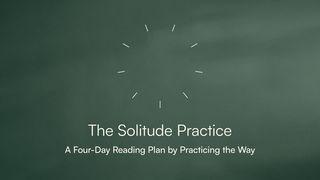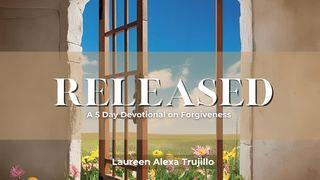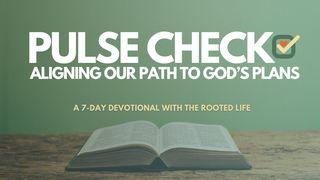Navigating College for Today’s Young WomanSample

I’m Okay (Not Really)
When I moved out of state to go to college, I was immediately lonely. I missed my friends and family back home, and for some reason, it felt better to curl up in a ball and avoid the outside world. Ultimately, however, it led to some depression and a withdrawal from that college.
Over my decades of college teaching, I’ve had endless students confide in me about their own struggles with anxiety, depression, or other issues related to their stressors. Students juggle many balls at once and may feel physically worn out, mentally drained, or desperately alone. On top of this, they sometimes see their peers as cliquey or uninterested in friendships. The toll can be overwhelming—so much so that students withdraw from college after a short time.
This is understandable, of course. The Bible tells us that we weren’t created to be alone but for connections with God and others. Science research has confirmed this by showing that isolation and/or stress can lead to physical and mental health issues and vice versa.
Most colleges today offer resources. Students may not know about them or don’t want to reach out; being vulnerable can be tough. While God is our ultimate physician, he’s also given gifts to people who are meant to help, and therefore, we need to accept that help.
To improve overall health, these are ideas my students have shared:
- Attend an event or club related to your major or something you love. One student I knew posted a hang-out event on social media for other new students.
- Studies show that serving or volunteering is one of the best ways to improve mental health.
- Take a break from the coffee and energy drink IV fluids; it’s important to get solid sleep, exercise, and eat healthily. (I know it’s hard in college; mac n’ cheese sometimes for the win!)
- Discover a new activity or hobby. Explore your college’s town or city.
- Video chat with your family and play a game during it.
- Communicate with professors and classmates. Do your homework outside your dorm—surround yourself with stimulation and people.
- Most colleges offer free resources such as counseling, doctor/nurse visits, tutoring, disability resources, librarians, etc. Whether you’re struggling with your mental health, physical illness, or failing classes, there is help. You can search your college’s website or talk to a staff member to find out more.
- Practice biblical disciplines. Reading the Bible and praying can be challenging habits to create, but you’ll notice a difference in your mental mindset.
- Be present. Put the phone down and enjoy company, the outdoors, or simply being still.
The above is all great advice, but it’s also okay if things don’t go as planned. Persist in making changes; as time goes by, you’ll find yourself growing stronger and making the best decisions for you.
Question: What areas do you need to reach out for help? Or what types of activities can you do to improve your overall health?
Prayer: Ask God for wisdom about areas you can work on to be healthier and happier.
About this Plan

College can be a tough place. As women, we struggle to discover our adult identity away from our parents while the world tells us who to be. Long-time professor, Dr. Sandi Van Lieu, uses humor and scripture to encourage women during their college journey. Navigate the challenges of friendship, love, mental health, temptation, and adulting by being strengthened in Christ and his word.
More
We would like to thank Dr. Sandi Van Lieu for providing this plan. For more information, please visit: https://www.abbiemarietaylor.com









